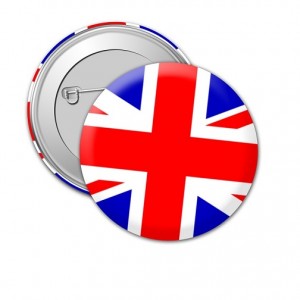
The industrial revolution, urbanisation, an increasing demand for water, economic development and higher environmental standards have driven the development of the water industry since very early in the nineteenth century.
The water industry was highly fragmented in the period up to and after World War II and development basically took place in response to increasing demand due to the industrial revolution and subsequent economic growth, together with a burgeoning population.
There were in excess of 1,000 mostly local, authorities involved supplying water and around 1,400 entities responsible for sewerage and sewage disposal in 1945, and any planning done was done at local level with little or no input or co-ordination at either a regional or national level.
Thereafter legislation sought to consolidate local authority undertakings and to make provision for public investment so that water and sanitation services could be extended to rural communities as well.
A severe drought in 1959 and flooding in 1960 led to the Water Resources Act 1963, which recognised the importance of a co-ordinated approach to water resource planning and more. There were unfortunately still problems with the planning of water resources and the forecasts for future demand, which led to a restructuring of the industry and the implementation of the Water Act 1973 which established 10 new regional water authorities that were required to operate on a cost recovery basis.
The tight fiscal controls in the 1970s and 1980s however, combined with instability in the wider economy, inherited debt, heightened environmental awareness and increasingly stringent European legislation led to more changes being made to the Water Act in 1983, giving the authorities scope to access the private capital markets.
The industry was privatised in 1989 and the companies that took over were floated on the London Stock Exchange, there was a once-off injection of public capital, significant government debt was written off and the provision of capital tax allowances.
Today most customers are serviced by the various water companies and sewerages services and water and sewerage are free from political interference, service is good, and the overall quality of the drinking water is good.
Rent water cooler or buy water cooler online from Living-Water. Get bottled water coolers and mains water coolers in London.





